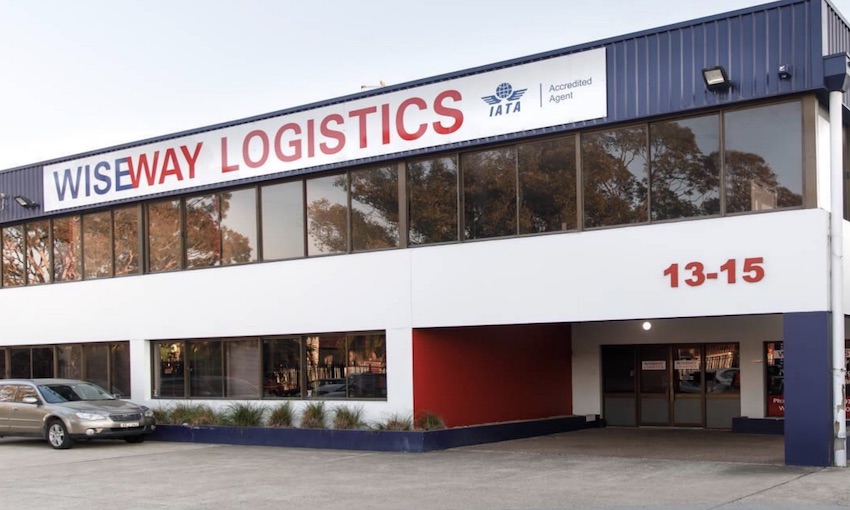WISEWAY has reported its half-year 20/21 results that show revenue increased by $24.5m or 54% to $69.7m. This increase was attributable to the higher revenue of $45.4m, up 25% on the previous corresponding period, from Wiseway’s core business (air freight) division and revenue from new business divisions more than doubling to $24m.
Wiseway provides cross-border logistics including air freight, sea freight, import services, domestic transportation, warehousing and customs clearance services, to a large customer base of domestic and international customers across its two main segments, general cargo and perishable cargo.
The company was established in 2005 and listed on ASX in October 2018. Wiseway has grown to become one of the top three outbound air freight logistics providers in Australia with a specialist focus on Australia and Asia-Pacific trade.
Wiseway CEO Roger Tong said, “The significant growth in revenue reflects our investment in our team members, in our infrastructure and in expanding our operating platform to deliver multiple and integrated logistics services to our customers.
“The results are a turning point for Wiseway which, since the IPO, has successfully implemented its strategy of diversifying our business and our income streams.”
At the time of the company’s IPO only 5% of its trading revenue was from new business divisions. These divisions are now responsible for 34% of its trading revenue.
In the new business divisions, there was strong growth from: perishables up by 363% to $11.1m; imports and distribution up by 139% to $4.3m; sea freight up by 107% to $2.7m; and road freight up by 64% to $1.8m.
Mr Tong said the first half of FY21 has been a period of growth in both volume weight and revenue compared to the prior half.
“This is a direct result of our FY20 investment in infrastructure and in our operating platform including bonded warehouses, accreditation for perishable operations and obtaining operational licences across Australia and New Zealand.
“Wiseway has also been improving operations through enhanced standard operating procedures and increasing investment in our staff across our new divisions – imports, China and New Zealand – to meet demand for logistics services.”
Commenting on the impact of COVID, Mr Tong said that its Australian and Asian customers had turned to Wiseway for help in finding solutions to the challenges of importing and exporting between Australia and Asia.
“We did this by leveraging our relationships with airlines, with shipping lines and our local trucking fleet and partners to ensure customers’ cargo got in and out of Australian markets through alternative routes.
“We also secured cargo space by chartering flights. This has significantly increased Wiseway’s capability to continue servicing demand for air freight.”

